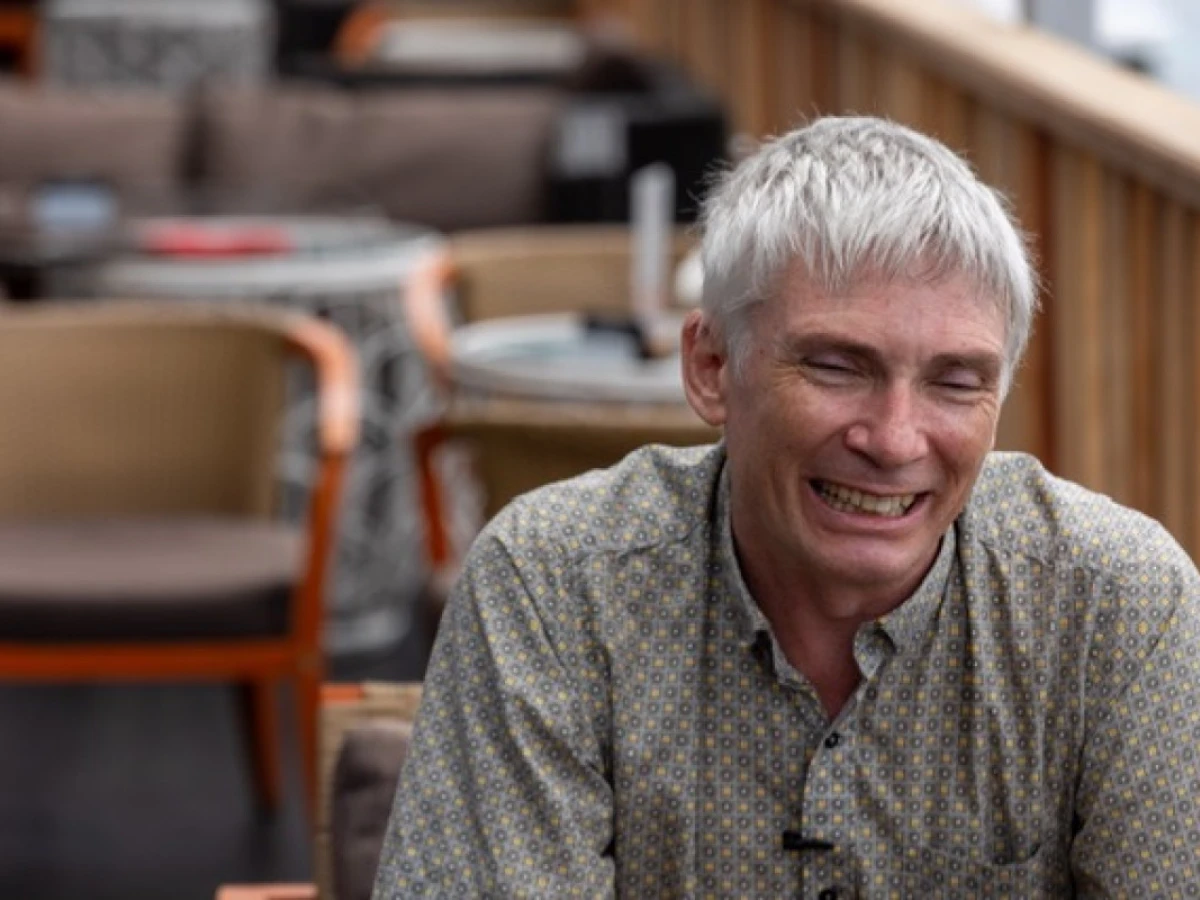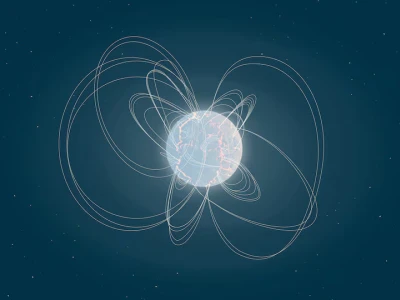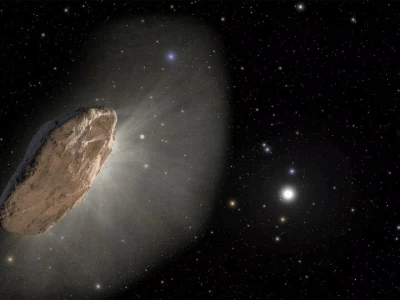
Maldives a heaven for stargazing: Dr Henry Throop
Dr Henry's most notable work was his pivotal role in NASA's 'New Horizons' mission searching for (and co-discovering) Pluto's smallest moon, Styx.
By
Ahmed Mizyal
Space research is still at its infancy in Maldives. However, according to Dr Henry Throop, there is no reason why Maldives should not indulge in studying the heavens that are cast open at all times for the Maldives. He says that this country is ideal for astronomy, located smack in the middle of the globe, spread across the equator.
Who is Dr Henry?
Dr Henry Throop is a Program Scientist in the Planetary Science Division at NASA Headquarters. His telescope searches the furthest corners of the solar system; the furthest that scientists have discovered. He specialises in the dynamics of rings and dust in the outer solar system. From studying Saturn's toxic gas rivers and the oceans they flow to, and the planet's ice capped moons. He studies the space rocks and dust circulating in the area.
Henry's most notable work was studying and modelling the rings around Jupiter and Saturn and his pivotal role in NASA's 'New Horizons' mission searching for (and co-discovering) Pluto's smallest moon, Styx.
Dr. Henry Throop played a crucial role in NASA's New Horizons mission to Pluto. Launched in 2006, the spacecraft took nine years to reach Pluto in 2015. Using high-resolution images and videos from New Horizons, NASA scientists were able to unveil some of the secrets hidden in Pluto's icy surface. Notably, the faint sunlight reaching Pluto, several times less than Earth receives, allows us to see evidence of a layer of surface ice, possibly water ice.
The spacecraft and Henry are not done yet. The spacecraft is now on its way across Pluto and out of the solar system through the Kuiper Belt. It is one of five spacecraft that will leave the solar system.
This work can be done with a telescope mounted on a spacecraft. The purpose is to study what is happening in space as closely and clearly as possible, way outside the Earth's atmosphere. That however does not mean we cannot see planets with a telescope from inside Earth. However, Henry points out how even the telescope view is different around the world.
'Maldives sees all the stars'
Maldivian climate, clear skies and natural surroundings welcome space exploration. Despite the increase in light pollution compared to years ago, the Maldivian islands are still several times less polluted by light at night compared to larger, more developed countries.
“One of the best things about Maldives is that it is directly on the equator,” Henry said in an exclusive interview with Atoll Times during his visit to Maldives.
"You can look at all the stars in the northern and southern hemispheres from here. But for example, if you go too far north or south, you can't see all the stars at the same time, like we can see here. This is truly a unique feature to Maldives, in its location alone”.
Maldives is famous for its underwater beauty and waters made crystal clear by the pure white sand. To top that, some resorts have observatories and telescopes for those interested in stargazing, as by nightfall, the Maldivian skies open a far more enthralling vista than what is found in the deep blue beneath us. The stories of those who have experienced this in Maldives tell us how perfect it is. The Maldivian sky also almost always offers a beautiful view of the Milky Way galaxy.
The only complaint from stargazers is that light pollution keeps increasing. They say that because of the street lights, they are unable to see the universes’ lights. We do understand that something needs to be done to address the light pollution issue.
Dream of working in Maldives
Dr Henry loves to travel to different countries. From the United States to Mexico to Africa. He has spent years in India and now lives in Maldives. He says that Maldives has been a dream country he has always wanted to work in, because Maldives is perfect for astronomy and space research.
"Maldives is an 'amazing' country. I am grateful to the US Embassy for inviting me here and giving me the opportunity to work with Maldivian students," Henry said.
"It's been a dream to come to Maldives and work here”.
Scientists and astronomers like Henry do not see Maldives from a political telescope like India and China does. They tell us that the beauty of Maldives is not only under the sea or beaches. If we look up at the heavens through one of their telescopes, the vista we take for granted is also incomparable with anything else in this world.




